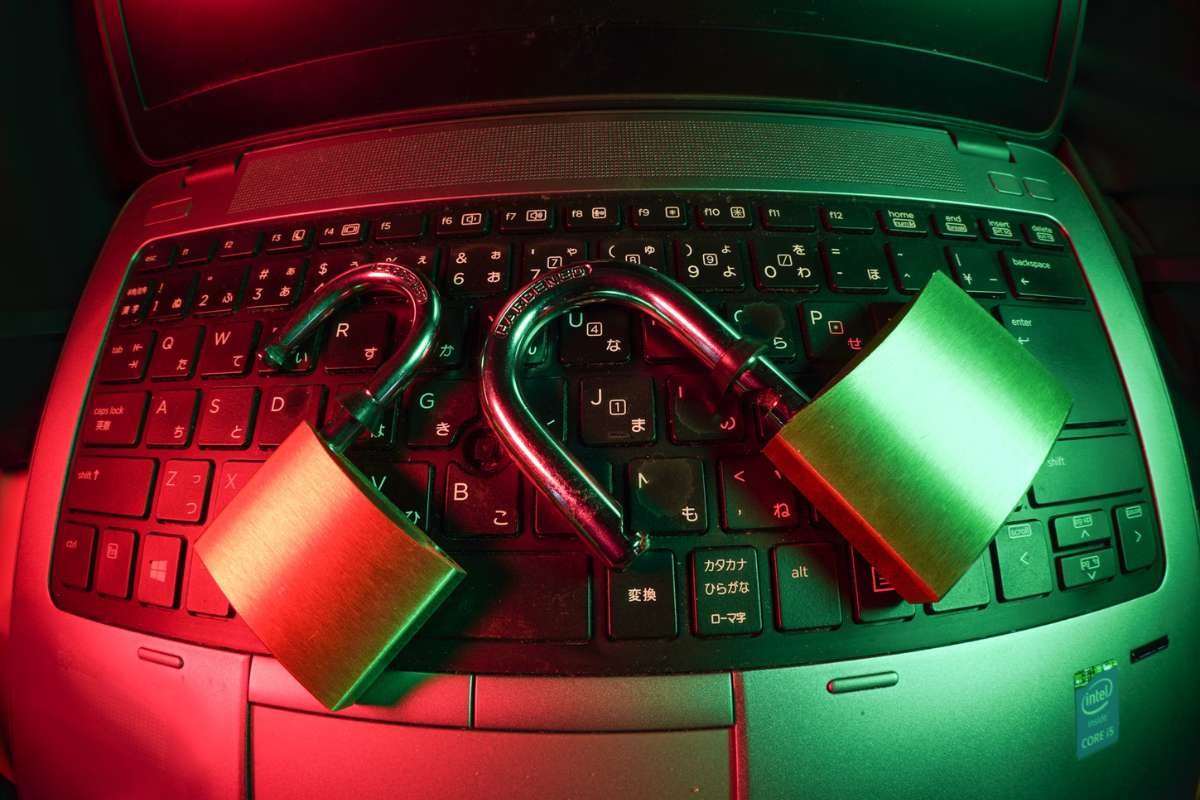The changes brought by the pandemic have forced businesses to respond rapidly through digitization to allow for business continuity. Whilst office security has advanced significantly in recent years, with visitor registration ensuring nobody is in the building that shouldn’t be, most businesses weren’t adequately prepared, tech and security-wise, to take processes to digital platforms. There was no readiness for work-from-home arrangements, either. It was found that there is large scope of improvement in business security areas.
With that, cyberattackers found the perfect opportunity to wage war against organizations, particularly small businesses. The digital migration response, therefore, left many businesses vulnerable to constant IT security threats. This article discusses five key business security areas you need to focus on during the pandemic in order to keep your enterprise afloat.
Let’s go through five Business Security Areas to Focus:
1. Security Incident Response Protocols
In times like this, it’s crucial to ensure that your business has updated security incident response protocols for a swift reaction to security threats. Digital migration has changed the entire environment of security networks as well as the dynamics of cyber security risk assessment.
The security environment and mindset change may have rendered the previous protocols obsolete or in need of a total review. Even risks that the teams would have managed well can escalate into more significant security issues. Right now, the best practice would be to focus on your response team, practices, and guidelines.
Ensure all roles are filled, review security response documentation, and conduct tests to identify any gaps. If your business doesn’t have an incident response function, this would be an excellent time to set one up. Alternatively, consider engaging a managed security services provider instead of creating a new system.
2. Remote Access Security
As the pandemic hit and normal social interactions changed, most businesses resorted to having their teams working from home. Even though social interactions are normalizing these days, many still have their teams working remotely. Most businesses have had no time to set up or perform security or connectivity audits on company devices. In addition, many team members are using personal devices.
The best practice is to ensure that remote access is adequately tested and secure and that all endpoints are patched. Business devices need to have endpoint protection. If you can, have your security teams confirm that personal devices being used for work have adequate antimalware protection. Employ other practices such as multi-factor authentication to business applications so that only authorized personnel have access to them.
3. Managed Security Services
The technicality involved in running and managing digital transformation initiatives has given rise to the increase in information technology (IT) managed service providers. Businesses no longer have to manage their IT, cloud, security, or network processes all by themselves. Managed services provide the expertise and support at a higher capacity than in-house teams can.
However, this brings a new focus in business security areas. There’s no dispute on the benefits of managed security services. But giving a third-party access to your crucial data can expose you to further risks. It’s best to carry out thorough research when choosing managed IT services. These are some of the qualities your managed security or IT services provider should possess:
- Credibility and an excellent reputation
- A proactive approach to issues
- Responsiveness
- Cutting-edge technology
- A wide range of services
- An excellent track record of effectiveness
It’s crucial to engage the right partner to avoid putting your business in the hands of unreliable companies.
4. Socially Engineered Attacks On Remote Workers
Since most teams started working from home, remote businesses have experienced a rise in socially engineered attacks. When a business has all its employees working from the same location, it’s easier to manage security threats.
However, teams encounter numerous distractions when working outside the office. They’re dealing with family, friends, and household chores, among many others. Besides that, working at home can also cause them to be lax about security measures since they think they’re safe on their own property. This gives cybercriminals a chance to exploit them.
Always remind your remote teams of the importance of being vigilant at all times. This’ll help them identify and report any suspicious activities. If possible, schedule reminders every other week to ensure that security stays on top of their minds.
5. Security Awareness Training
Employees have been and will always be a vital part of ensuring business security areas. But the pandemic further shone the light on just how easily staff members can become the weak link in security. For example, cctv camera signs can warn wrong-doers that they are being monitored, but if security guards have been badly trained and aren’t monitoring the cameras, there is almost no point in having CCTV at all. Additionally, work-from-home dynamics have resulted in many employees failing to strictly follow basic security practices online.
Some of the areas you need to emphasize during security awareness training include the following:
- Strong password practices
- Identifying and avoiding phishing scams
- Device safety
- Data encryption
- Use of secure Wi-Fi
- Firewall protection
- Use of virtual private networks (VPNs)
- Timely installation of software updates
- Virus or malware protection
Given the extent of employees’ role in ensuring cyber security, it’s crucial to ensure that your entire team is fully aware of the risks, threats, and impacts of cyberattacks on the business. Security awareness and the use of best practices can reduce the instances of attacks significantly.
The vulnerability of your business data and information is considerably influenced by how well your teams can identify and prevent potential risks.
Takeaway
The pandemic has changed the security landscape of businesses security in numerous ways. The mentioned above are where your business security areas needs to shift focus. Ensure that you carry out regular security assessment audits to identify other areas where you need to enhance security.





